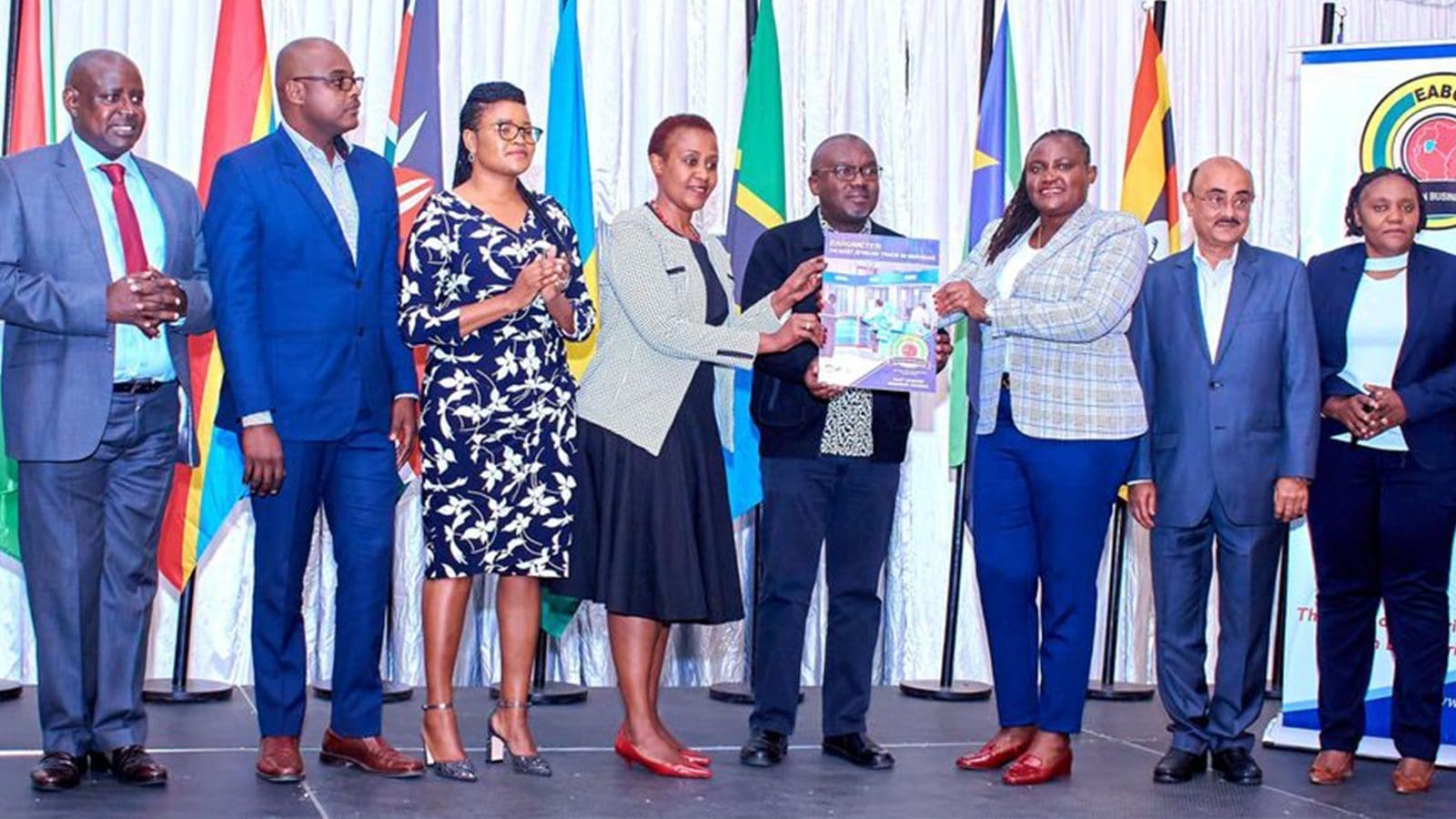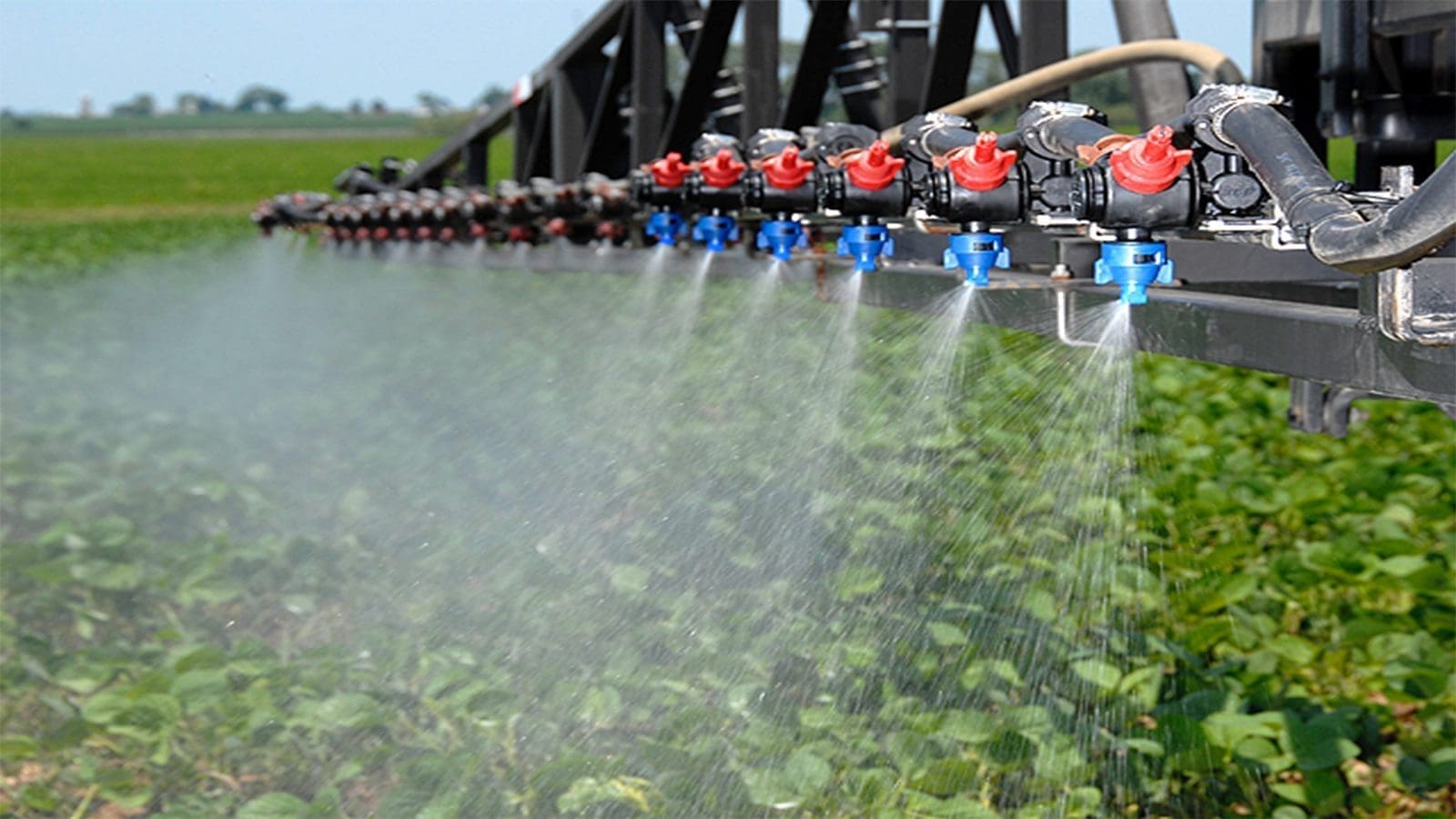EAST AFRICA – To promote commerce in the region, private sector players have encouraged East African States to expedite the harmonization of East African Standards.
The stakeholders stated the action will considerably boost intra-regional trade, competitiveness, consumer and environmental protection, and overall trade facilitation, during a weekend meeting in Dar es Salaam, Tanzania.
Research indicates that standardization has boosted intra-trade by 10%, slashed border inspection and clearance expenses from U.S$ 500 to U.S$ 400, and shortened clearing times from 10 to 0.5 days.
East African partner States have so far ratified 624 indigenous standards, whereas 1880 standards have been designated for harmonization at the EAC level.
Other noteworthy reforms include the establishment of the Regional Standards Plan (RSP) and an Online database of harmonized standards which was developed in 2021.
The National Standards Bureaus in the EAC Partner States are at different levels of harmonization of standards ranging from 65 per cent to 90 per cent.
More specifically Burundi and South Sudan have significant administrative and capacity challenges and hence have noted the adoption of harmonized East African Standards.
John Bosco Kalisa, CEO of the East African Business Council (EABC), pleaded with allies to expedite the passage of the Standardization, Accreditation, and Conformity Assessment (SACA) Bill.
”This will facilitate frequent peer reviews, creating awareness and on East African Standards and involve the private sector in the development of the standards,” he said.
Manufacturers have further called for a demand-driven and low-cost approach toward standards development in EAC.
The Public Private Dialogue also discussed a worldwide perspective on the use of artificial sweeteners and Non-Nutritive sugar in the manufacture of carbonated soft drinks, juices, confectioners and dairy products (yogurt) and their connections to competitiveness and innovation.
Financed by the Netherlands, the EABC-TMEA Public Private Dialogue Project for Increased Trade and Investments in the EAC, is the umbrella organization for the Regional Public Private Engagement on Standards.
Other significant issues raised include the need to reduce the number of border inspections, as well as the high cost of compliance, particularly for local small businesses.
Some of the stakeholders who graced the occasion include the EAC Secretariat officials, the National Bureau of Standards, the Manufacturers Association, the Association of Burundi Industries (AIB), Kenya Private Sector Alliance, the South Sudan Chambers of Commerce Industries & Agriculture, the Private Sector Foundation Uganda (PSFU), the Kenya Association of Manufacturers (KAM), among others.
Liked this article? Subscribe to Food Safety Africa News, our regular email newsletters with the latest news insights from Africa and the World’s food safety, quality and compliance. SUBSCRIBE HERE








